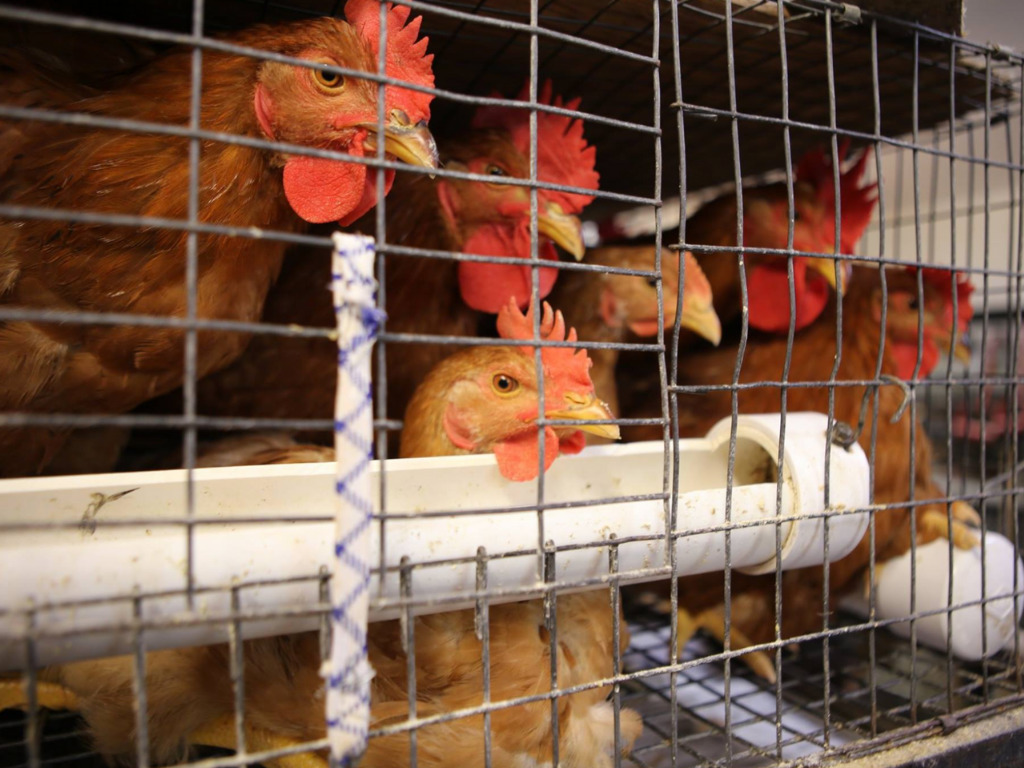4 Mins Read
The Berkeley City Council in California has voted to divert half of the city’s spending money from animal-based foods to plant-based foods by 2024. Going forward, the Council will look to convert that spending into 100% pledging its commitment to plant-based foods and addressing the issue of climate change.
Activists-driven change
The new decision by the Council was driven by a 16-month advocacy campaign by the Berkeley-based grassroots animal rights organization Direct Action Everywhere (DxE). Other groups including Extinction Rebellion Oakland, The Animal Save Movement, East Bay Animal PAC, PETA, and The Suitcase Clinic joined the DxE in its efforts.
The DxE called for the move to ditch animal-based foods citing concerns like the industry being responsible for releasing massive amounts of GHGs and a leading cause for deforestation. A study showed that if animal agriculture were to come to an end, it would stabilize GHGs for 30 years, meaning 70% of carbon emissions would be offset by 2100.
In addition, the industry inflicts tremendous cruelty on animals and by confining them in small facilities, these places are becoming breeding grounds for future pandemics.

Plant-Based for the win
Taking these reasons into account, the Berkeley City Council passed a resolution to take 50% of the city’s spending on animal-based foods like meat, dairy, and eggs and use it for plant-based foods, a commitment it hopes to achieve by 2024.
In addition, in the future, it plans to use 100% of these funds on plant-based foods, a goal it will review on June 30, 2022.
The resolution states: “A wealth of scientific research underscores the urgency of substantially reducing meat and dairy consumption, which accounts for more than half of all food-related GHG emissions. It is clear that the world cannot meet global greenhouse gas reduction targets without significantly curbing the consumption of animal products. High-meat-eating nations like the United States, which consumes 2.6 times more meat than the global per capita average, must help shoulder this responsibility.”
This is a very important step for the city to take as part of our broader climate efforts, as well as building on our long tradition promoting the humane treatment of animals here in the city of Berkeley
Jesse Arreguín, mayor of Berkeley

The decision aims to reinforce the city’s commitment to mitigating the effects of climate change and helps Berkeley establish itself as a climate action leader.
In a statement, Mayor Jesse Arreguín said: “This is a very important step for the city to take as part of our broader climate efforts, as well as building on our long tradition promoting the humane treatment of animals here in the city of Berkeley.”
According to recent data, consumers in the U.S. are increasingly favouring plant-based foods as the sector’s retail sales have skyrocketed to double-digits reaching US$7 billion in 2020 alone.
Consistent climate action
In the past, the city was among the first few to take the lead in recycling initiatives and in 2013, became the first U.S. city to pledge to divest from fossil fuel companies.
“The public is rising up and taking action against the destructiveness of animal agriculture,” said Almira Tanner, a Berkeley resident and DxE’s lead organizer. “We’re hopeful this historic step can spur a wave of legislation to protect all life on Earth while we still have time.”
The DxE activists have been advocating for change in Chicago as well and in San Francisco last year, was instrumental in passing a law that called for a 50% cut in plant-based food purchasing in jails and public hospitals. It was even behind the ban on the sale of fur in Berkeley and San Francisco along with a statewide ban signed by Gavin Newsom, the governor of California.
Recently, Hawai became the first U.S. state to declare a climate emergency. U.S. president Joe Biden also showed his commitment to tackling climate change by pledging to slash carbon emissions in the country by half by 2030.
Elsewhere, similar actions are being undertaken for the benefit of animals like France and Germany banning the use of inhumane methods to kill unwanted male chicks, E.U. committing to remove all animal cages by 2027 and Israel became the first country to ban the sale of fur in the fashion sector.
Read: U.S. Animal Agriculture Subsidies Soared In 2020 Despite Climate & Health Damage
Lead image courtesy of Direct Action Everywhere.




